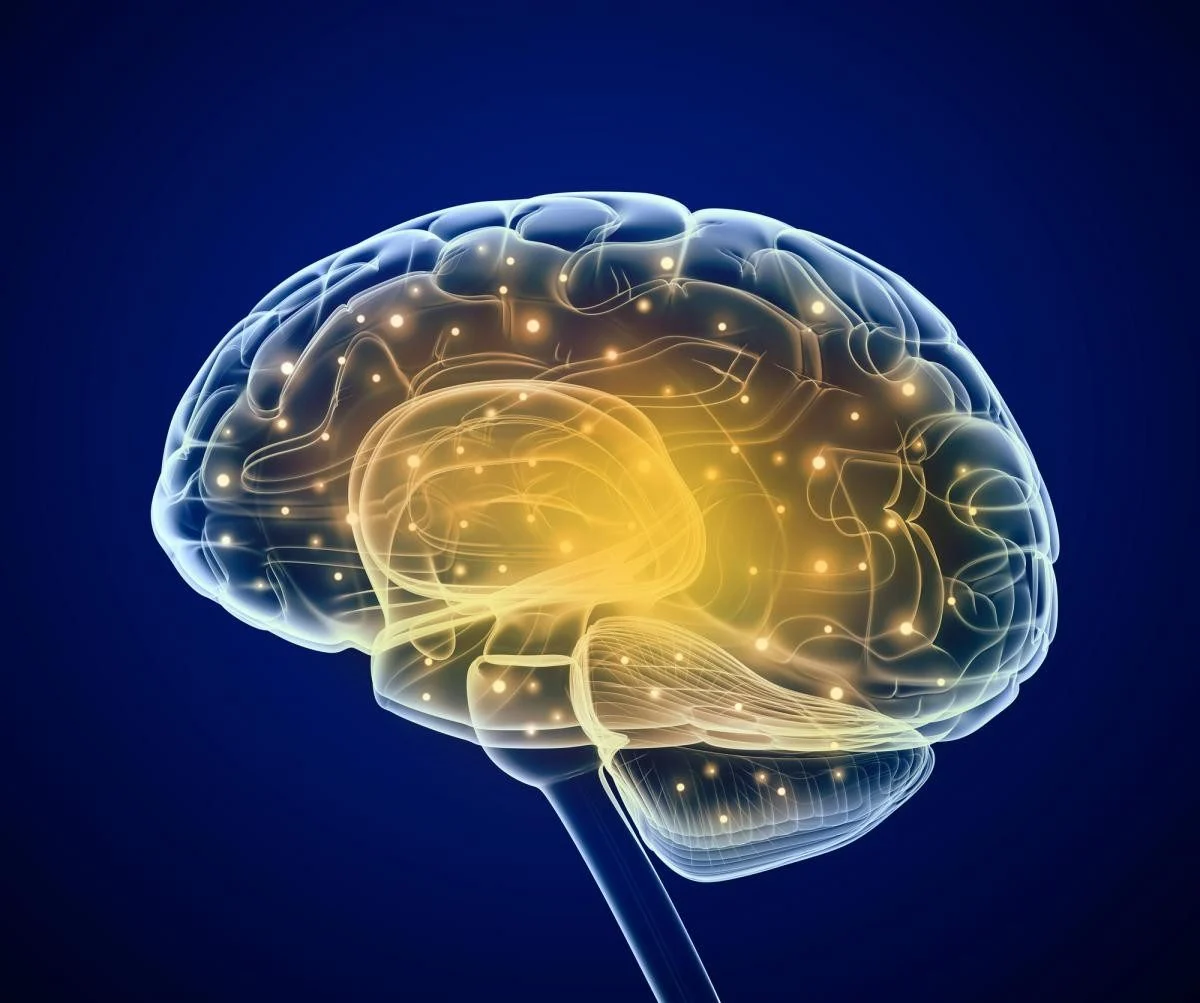Sleep is not just a rest for the body, but a critically important process for the brain. It is during the night that key memory processes occur, including sorting, consolidation, and cleansing of memories. Dreams are at the heart of this work, and as research shows, they have a far deeper impact than we might expect. Scientists are increasingly proving that sleep is an active phase of brain activity, helping us learn, retain, and even reassess the events of the day. In this article, Baltimore Chronicle will explore how the brain works during sleep, the role dreams play, and how all of this affects our ability to remember information.
What Happens to the Brain During Sleep: Phases and Functions
The brain operates cyclically, passing through several stages of sleep. The most important phases for memory are the slow-wave sleep (NREM) and rapid eye movement (REM) sleep phases.
Main Phases of Sleep:
- Light Sleep — Preparing for deeper sleep.
- Slow-Wave Sleep (Deep NREM) — Memory cleansing, information processing.
- REM Sleep (Dream Phase) — Actively linking new information to existing knowledge.
During slow-wave sleep, the brain “filters” the information received throughout the day, deciding what is worth keeping and what should be forgotten. This process is called memory consolidation. During REM sleep, the information is integrated into existing knowledge, which promotes creative thinking and associative learning.
The Role of Dreams in Memory Formation
Dreams are not just chaotic images. They have a logic tied to the work of the hippocampus and neocortex — brain regions responsible for storing memories.
Dreams Help to:
- Link new information with old knowledge
- Simulate possible future scenarios
- Emotionally process the events of the day
- Strengthen significant memories
Many studies show that emotionally charged events are more likely to be “recreated” in dreams, and thus preserved in long-term memory. This mechanism allows the brain to establish priorities — what is worth remembering and what is not.
How Dreams Impact Different Types of Memory
There are several types of memory, each of which is differently connected to sleep and dreams.
Main Types of Memory:
- Declarative Memory — Facts, events, dates
- Procedural Memory — Skills, actions (e.g., cycling)
- Emotional Memory — Reactions to events
REM sleep, during which we dream, significantly impacts emotional memory. It helps “discharge” strong emotions while preserving the event itself. Slow-wave sleep, on the other hand, better supports declarative memory.
Sleep, Learning, and Retention: What Studies Say
Recent scientific studies confirm a strong link between quality sleep and memory retention.
A study from Harvard Medical School found that participants who slept after learning retained 40% more information than those who did not sleep. Furthermore, during sleep, the brain strengthens new neural connections, allowing us to better apply knowledge in practice.
The Most Effective Times for Sleep After Learning:
- 1–2 hours after intensive information intake
- A full night’s sleep (7–9 hours)
- A short daytime nap (20–30 minutes) — for strengthening short-term memory
What Hinders the Brain from Storing Memories During Sleep
Not all memories are processed equally. There are factors that can prevent the brain from sorting information properly:
- Sleep deprivation or interrupted sleep
- High levels of stress
- Irregular sleep schedule
- Excessive information overload before sleep
- Alcohol or sedative use
These factors disrupt the normal structure of sleep, especially the REM phase, which is responsible for processing emotional and visual memories.
How Different Phases of Sleep Affect Types of Memory
| Sleep Phase | Brain Activity | Impact on Memory | Main Processes |
|---|---|---|---|
| Light Sleep | Decreased brain activity | Preparing for deep sleep | Slowing down physiological processes |
| Slow-Wave Sleep | Stable electrical activity | Declarative memory | Memory consolidation, filtering noise |
| REM Sleep | High brain activity | Emotional and procedural memory | Dreams, integrating experiences |
Practical Tips for Improving Memory Through Sleep
For sleep to work in your favor, it is important to follow a few simple recommendations.
Recommended:
- Sleep at least 7–9 hours each night
- Avoid gadgets 1 hour before sleep
- Set a regular sleep-wake schedule
- Meditate or read before bed instead of screen time
- Keep a dream journal — this helps understand inner processes
Sleep as the Key to Effective Memory
The brain does not rest during sleep — on the contrary, it is actively processing vast amounts of information. Dreams are not a random phenomenon — they are part of a complex process that helps us better retain, learn, and deal with emotions. Undervaluing sleep is undervaluing your own potential. Quality sleep is the best investment in memory, emotional health, and productivity.
Earlier we wrote about which dreams warn about danger.

